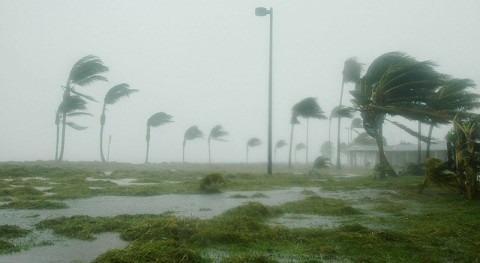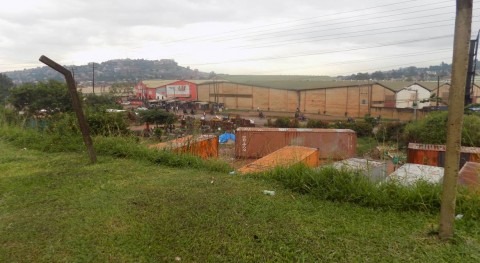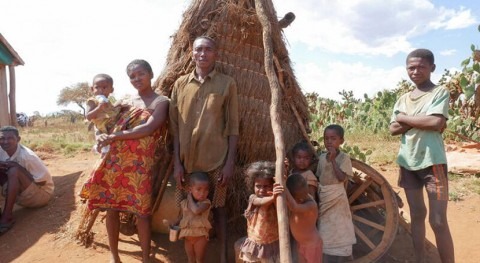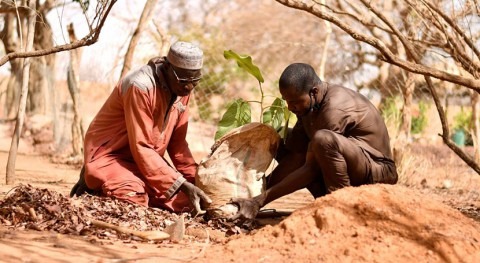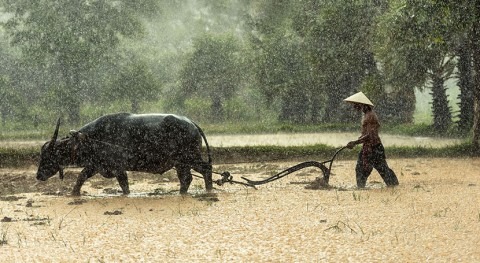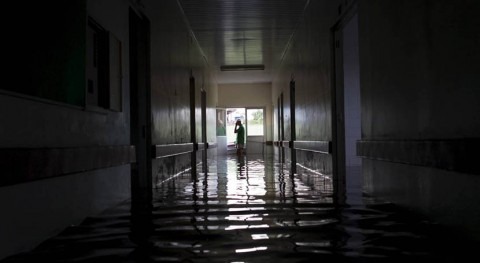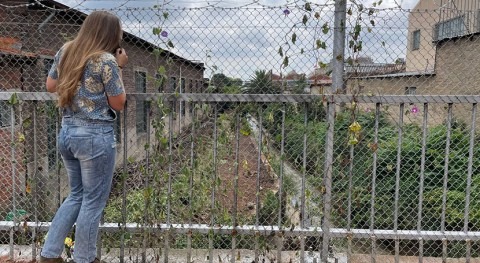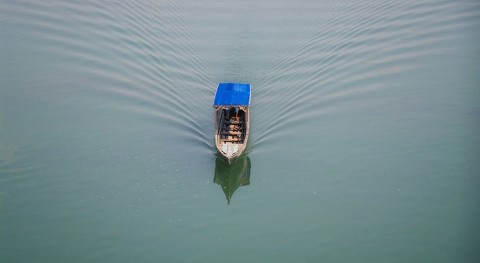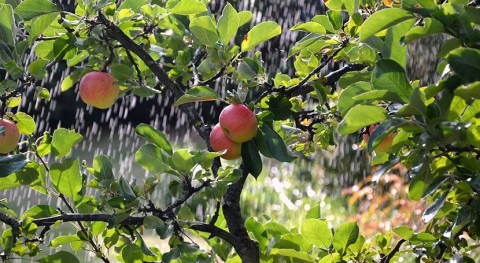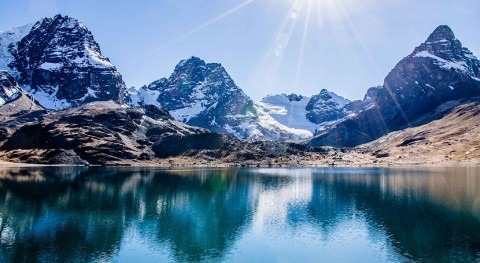If pushed to sacrifice showering, cooking, drinking or raising his chickens, Tunisian farmer Saeed Barhoumi said he would first forgo showering. It is a decision that he and his family frequently face.
The closest source of clean water is a collective tap that is a 4-km (2.5-mile) walk away from their isolated home on an arid plain in the northern region of Kairouan.
No pipes or roads run to their house and they are not serviced by the volunteer-run collectives, known as Agricultural Development Groups (GDA), who are tasked with bringing water from wells to more than half the region's inhabitants.
"We used to grow much more wheat, we used to plant tomatoes, but we don't have (enough) water," said Barhoumi, overlooking the dusty hills stretching out in front of his doorstep.
Poor planning, sparse water resources and the worsening impacts of climate change have combined to create a crippling water crisis in Tunisia, say civil society groups.
In 2018 more than 94% of Tunisians had access to water, either through the national supplier or the GDA, according to official figures.
But Alaa Marzougui, coordinator at the non-governmental organisation Nomad08 for socio-economic and cultural rights, estimates the real number is significantly lower.
Due to random cuts to water supplies, debt and management issues with the GDAs and the poor quality of water that runs from the taps, Marzougui said about three-quarters of the population have problems accessing clean water.
Data from the ministry of agriculture shows the total amount of water available in the country can provide 420 cubic metres per person per year, making it a "very water scarce country", by U.N. Water standards.
The country's irregular rainfall patterns are accentuated by climate change, with periods of droughts and record high temperatures oscillating between torrential rain and floods, according to the agriculture ministry.
The latest government figures also reveal that poor infrastructure means in some regions about half of water is lost before it even reaches the tap.
"We monopolise more than 90% of our water - what we have we are already using," said Imen Louati, research officer at the non-governmental Tunisian Economic Observatory (OTE).
Arid living
In Kairouan, water drains a quarter of the Barhoumi family's monthly budget. Eleven plastic cylinders of varying heights sit in their courtyard, storing water for use by 11 people, as well as a small wheat crop and some chickens.
It is mostly women who carry the burden of fetching water, said Minyara Mejbri, regional coordinator of the Tunisian Forum for Economic and Social Rights in Kairouan.
"They might spend the whole day working in the field, then prepare dinner, then take the container to the communal tap, where they often have to queue for one hour," she said.
In 2015, Barhoumi's nine-year-old daughter Ahlem killed herself, a tragedy that the family puts down to the remoteness of their home and the lack of resources, including water.
"She dreamt of another life, to live near her school," said her grandmother, Massouda, who had walked with Ahlem to collect 20 litres of rainwater that day.
"Here, she has no shower, no friends, all her dreams are elsewhere."





